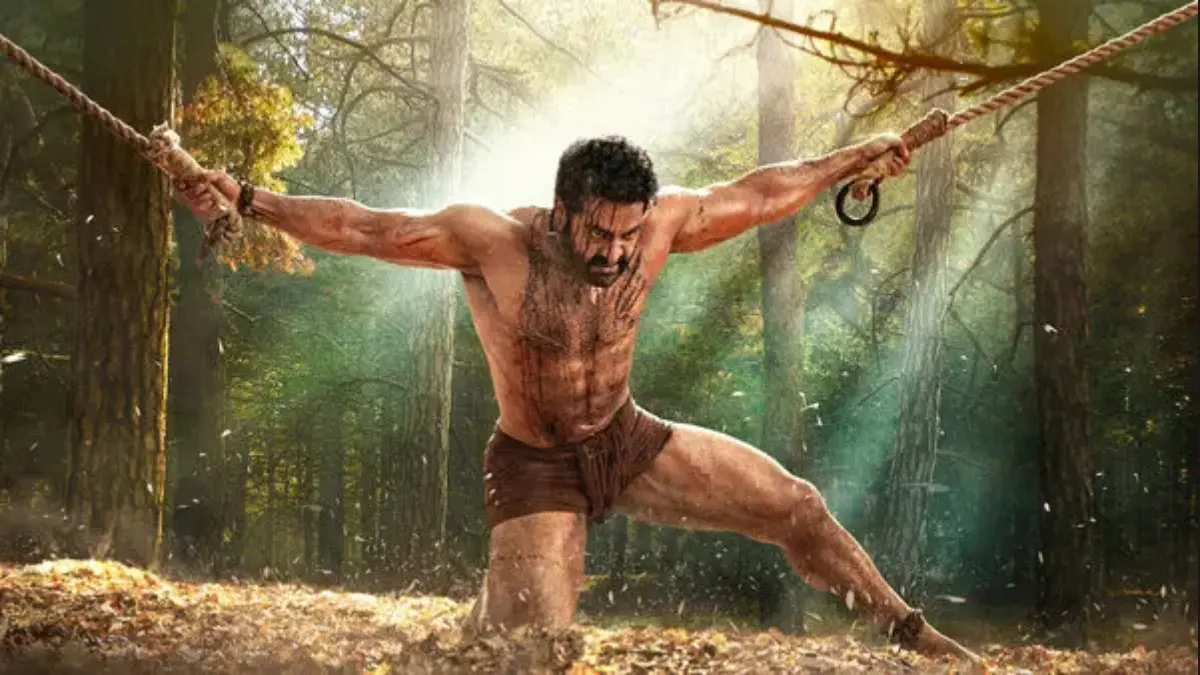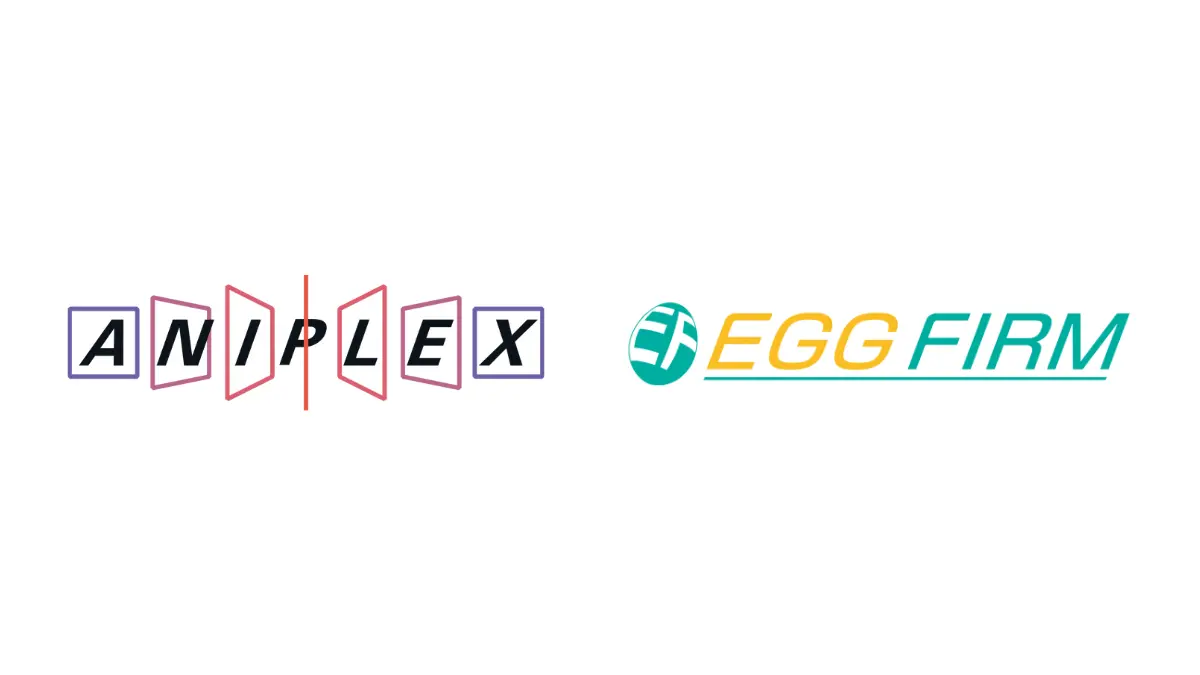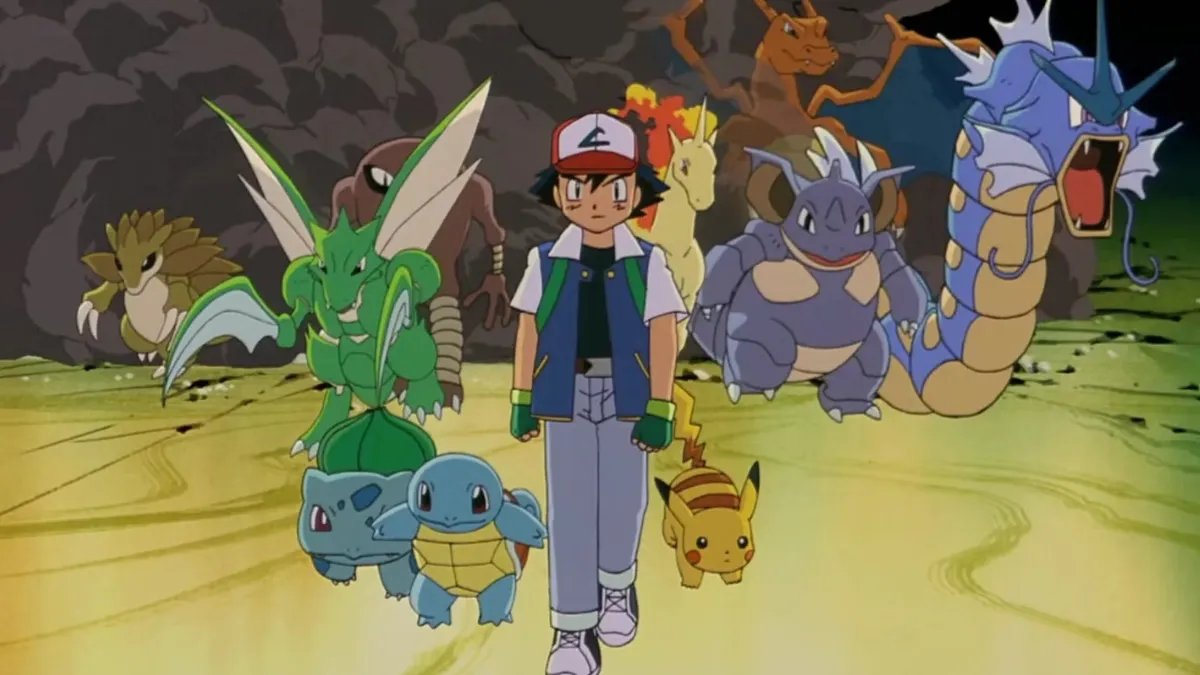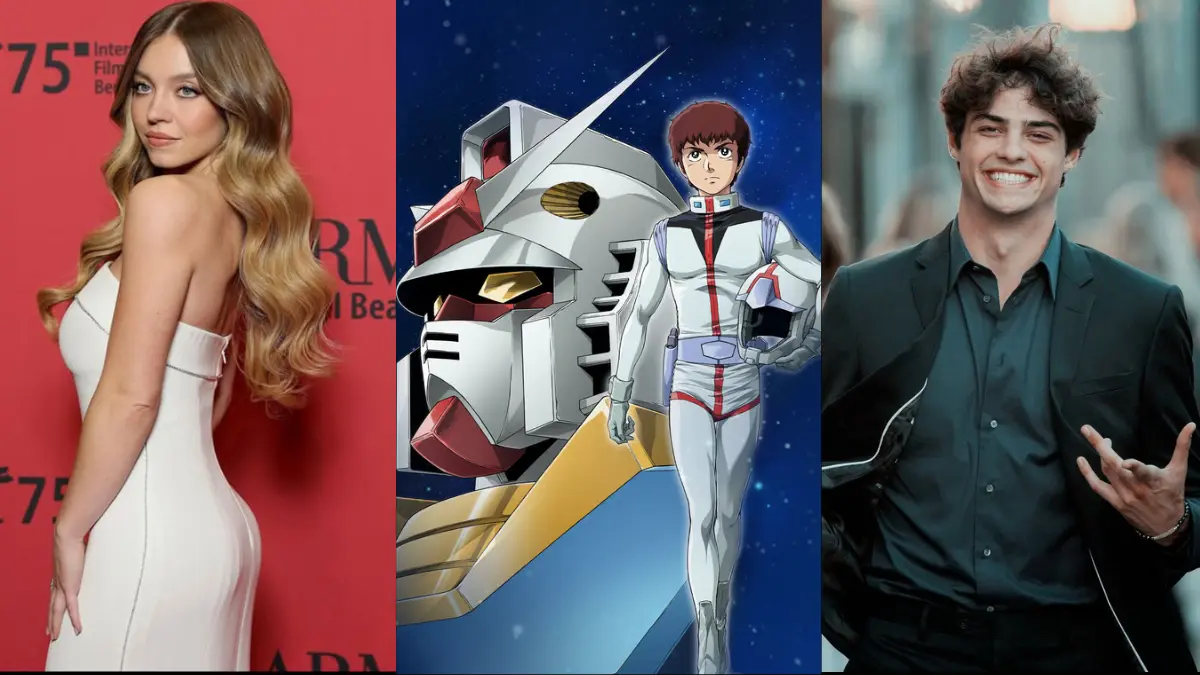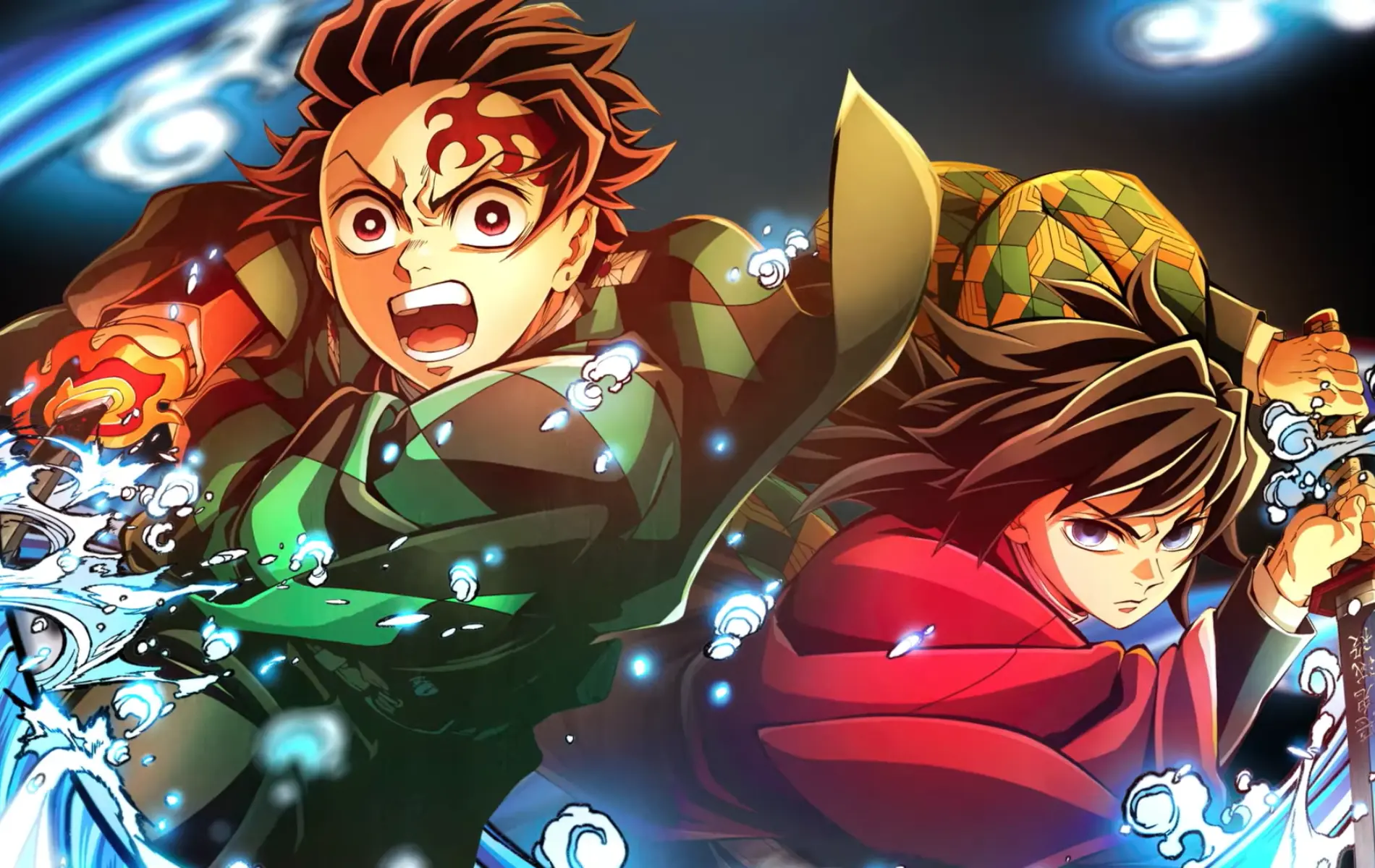School days are maybe the most bittersweet days that we ever experience. We get all sorts of experiences to live and stuff to do. We laugh at parody content, we become angry and so on.
Sadness still didn’t exist and all the problems seemed too big, but when we prepared to fight them, that’s when we get to know that it was actually nothing, and all that stress arose from the fact that we’d never seen a situation like this unfold before, instead of the fact that we might not be able to solve it. We had friends that we met and talked with every single day of our lives, laughed like hell, and our eyes were still intoxicated with dreams. And, maybe, it’s also filled with the most cringe stuff that we’d ever do.
It’s just this sort of school-life vibes that most of the slice-of-life anime want to capture and show to the world, and maybe to feel nostalgic themselves too. Even though their school-life is way different than ours, a school is a school, and we immerse ourselves in their stories. And we enjoy it.
Ever since anime has started dominating the world, there have been innumerable slice-of-life anime that have been made. And they always tell us a lot about the Japanese culture, their ways of life, and most importantly, the school-life of the Japanese.
The club activities, stage performances, and all that stuff in general highly tell us what type of a life actually these people must have had and how memorable it must have been. To be honest, I have always wanted a life like that—to be able to do stuff together, play together, not really worry too much about exams and home-works, talk and meet with friends outside school, and just… living like that in general, perhaps.
But, sometimes, an SOL anime suddenly drops that makes me realize that maybe, I’m… already living a life like that—through this said anime, of course. The vibes that some of these anime capture are just top-notch, and as someone who’s not really watched SOL for, like, over a year perhaps, this kinda made me feel nostalgic.
It made me feel that it’s not the first time that I’ve been through a place like that, even though it’s the first time that I’ve been through this story and these characters and these experiences that they have. It’s this mixed feelings of nostalgia, along with a pinch of freshness, that make some of these anime so memorable. They make me yearn for more, even though I know that if I get more of this, maybe I’d not praise this all too much that I do.
And, one such anime is Outburst Dreamer Boys.
The Plot
Before I delve into what makes Outburst Dreamer Boys so refreshing among other SOL, I’d like to talk about its plot, just to make sure that we’re on the same terms later in the article.
So, this girl Mizuki Hijiri transfers to a new middle-school, and all she’s hoped for is a normal and fun-filled time. She had expected to befriend some other classmates and continue living this bland life of giggling with them, doing home-works, and preparing for exams. But instead, the first one she meets a gang of boys—ALL BOYS—who are… well, cringe.

They are suffering from chuubyou complex, meaning that they are living some highly delusional lives. Noda is a guy who thinks he’s the leader of the power rangers-inspired team of these guys, Nakamura thinks he’s the reincarnation of ‘Ryushougin Touga’, a result of the ‘forbidden union between a human and an angel’, Takashima is a handsome but hard-core otaku boy who loves nothing but a 2D character Sora, and Tsukumo thinks he’s some backside schemer.
Because of some strange events that happen one after another, she joined the Hero Club, this club that Noda runs and all these guys are a part of. The main task of the Hero Club is to save people in times of distress. They almost always end up in some funny stuff and Hijiri can do nothing but cringe. But, in the end, these guys know how to handle stuff—in their own unique ways—and they easily save the day.
Along their journeys, these chuuni boys take with them Hijiri, who they think is already a part of their club even though she isn’t—and mind you, they don’t assume it because they’re chunni, but because they just… well, consider her as a friend.
And this is how the story of Hijiri and her adventures across episodes start to unfold.
The Theme
This anime mainly focuses on the ‘chuubyou complex’, which roughly translates to ‘middle-school second-year complex’. In the middle-school, especially around the second-year, kids feel delusional about stuff around them. They feel as if they’re some part of a fantasy anime and some really cool characters. They think they’re ‘awesome’ and act overly dramatic, like they ‘know it all’.
And, this complex of students of this age is well-documented in the anime. I’d never really heard of this complex before, even though I now feel that I might have suffered through it as a kid. And, it makes such good use of this complex and shows it so beautifully, not just to make jokes, but to show people what this complex actually is about. Various characters suffer from this complex in various degrees—some are gone really insane, while some still hold a really good grasp of reality.
*
The Characters
What makes this anime so interesting is the cast of characters presented. Like, it’s so unique that one doesn’t really expect such a cast and such an idea every day. The characters of the chuuni boys—Noda, Nakamura, Takashima, Tsukumo, and Mikuriya—are unique in their own ways, and in ways you’d have never expected. Noda, like I said earlier, believes that he’s the leader of some power ranger-themed group, with all the other five members of the club his partners.
Nakamura thinks he’s the reincarnation of some dark and edgy fantastical character. Tsukumo thinks he’s the antagonist of a dark school-life drama anime. Takashima is a hard-core fan of Sora, a 2D anime girl. Mikuriya—well, although he seems normal, he’s some sort of an otaku, a singer online who hides his true personality and interests, and just a chuuni.
As you can see, everyone is suffering from the same syndrome, and that’s the ‘chuubyou syndrome’. They all are delusional about some stuff—while some think they’re some edgy anime’s character, some are just otakus who have some wrong beliefs about the world.
However, every character feels different from the others.

Noda is a really cheerful and motivated guy, like Deku or Gon. In fact, I feel that Noda is meant as a parody of typical shonen protagonists who stay so motivated and restless.
And then there’s Nakamura. Even though Nakamura acts like the protagonist of some dark seinen anime such as Berserk. Most of his ‘spells’ and magic stuff goes in vain. There’s also his parrot, who he believes is a reincarnation of some sort of ally from his previous life, and he feels that his right hand is possessed by ‘Gildybaren’, a demon from his past life who is constantly trying to take over the control of his hand and body.
He mostly acts dramatically and calls people by their full names to give that effect of some sort of seriousness. His speech too is filled with such dramatic effects and words. And, it’s these dramatic speeches that are so hilarious, because he might be speaking about the darkest of supernatural stuff of his ‘past life’ while in the middle of the bustling city. In fact, if you think about it, he too feels like he’s a parody of some dark seinen anime.
Takashima Tomoki is the handsome otaku, who loves Sora and can do anything for her. He too is the parody of mostly otaku characters that are mostly shown as depressed and ‘cool’ in other anime.
Yeah, if you think about it, many such characters are present in the anime that are just meant as parodies of other basic anime troupes. If you ask what if you put Gon and Guts together, in a high-school setting, perhaps this is as close as you can possibly get.
*
Animation
Its animation is not really top-notch, for some reason. It can certainly not beat the likes of Shigatsu wa Kimi no Uso or Violet Evergarden. Also, it didn’t really get too high of a budget, so you can’t expect the animation to be really fluid and eye-pleasing. But, even in such a short budget, they’ve made sure to deliver the best that they could. The animation feels cheap in some scenes, but they made sure not every episode is like that.

The colors used in the anime too are really light and such a feast. It’s the use of such a color palette that helps the animation fit the music scores, the OP and ED, and the overall theme of the anime.
The animation never fails to deliver the effect it intends to, and it adds to such a story that this anime is trying to tell.
Conclusion
Well, that’s all I had to say about this anime, perhaps. Another thing I’d like to tell you is that you can currently watch this anime for free on Muse Asia’s YouTube channel. It’s a really cool and funny anime and you might like it if you’re a real hard-core otaku who has seen a lot of shonen and seinen mainstream stuff. Its dialogues and representations would make you at ease, and I bet you’d soon be addicted to it.
You might see it with your family too, since it’s got no double-meaning jokes, nudity, profanity, or any other stuff like that—just pure harmless fun. But they might not like it as appealing because of its heavy influences from mainstream anime.
Well, that’s it from my side, then. I hope you’d like to continue hovering around this site and read some more of the stuff. Also, make sure to follow our Instagram handle to get the latest news and some more harmless reels. See you next time. Until then, saiyonara~!
